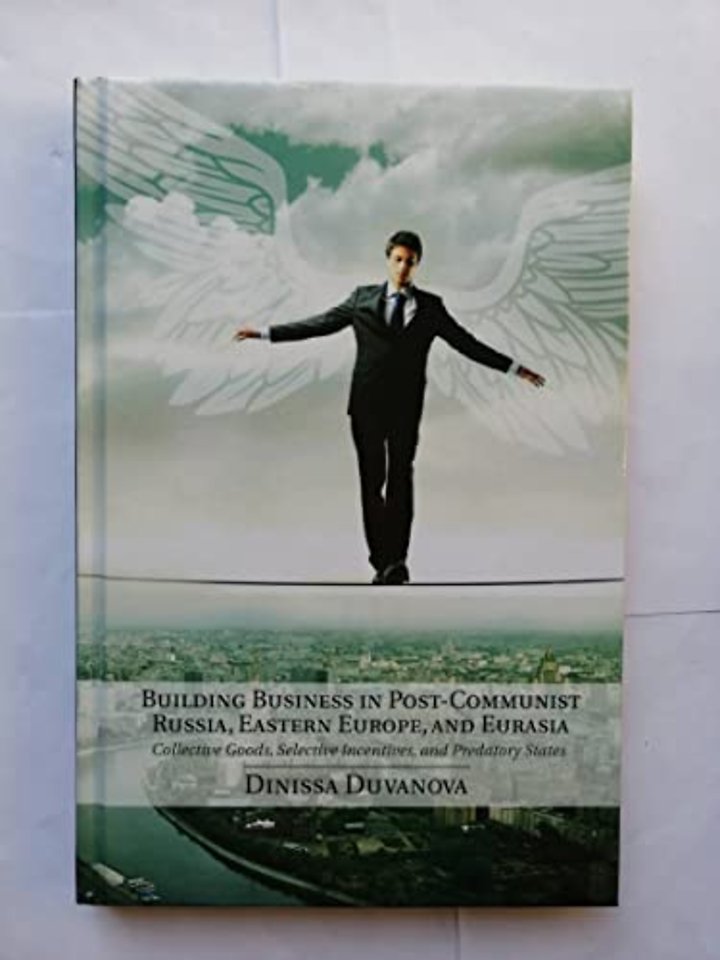Building Business in Post-Communist Russia, Eastern Europe, and Eurasia
Collective Goods, Selective Incentives, and Predatory States
Gebonden Engels 2013 9781107030169Samenvatting
Prior to 1989, the communist countries of Eastern Europe and the USSR lacked genuine employer and industry associations. After the collapse of communism, industry associations mushroomed throughout the region. Duvanova argues that abusive regulatory regimes discourage the formation of business associations and poor regulatory enforcement tends to encourage associational membership growth. Academic research often treats special interest groups as vehicles of protectionism and non-productive collusion. This book challenges this perspective with evidence of market-friendly activities by industry associations and their benign influence on patterns of public governance. Careful analysis of cross-national quantitative data spanning more than 25 countries, and qualitative examination of business associations in Russia, Ukraine, Kazakhstan and Croatia, shows that postcommunist business associations function as substitutes for state and private mechanisms of economic governance. These arguments and empirical findings put the long-standing issues of economic regulations, public goods and collective action in a new theoretical perspective.
Specificaties
Lezersrecensies
Inhoudsopgave
Rubrieken
- advisering
- algemeen management
- coaching en trainen
- communicatie en media
- economie
- financieel management
- inkoop en logistiek
- internet en social media
- it-management / ict
- juridisch
- leiderschap
- marketing
- mens en maatschappij
- non-profit
- ondernemen
- organisatiekunde
- personal finance
- personeelsmanagement
- persoonlijke effectiviteit
- projectmanagement
- psychologie
- reclame en verkoop
- strategisch management
- verandermanagement
- werk en loopbaan

